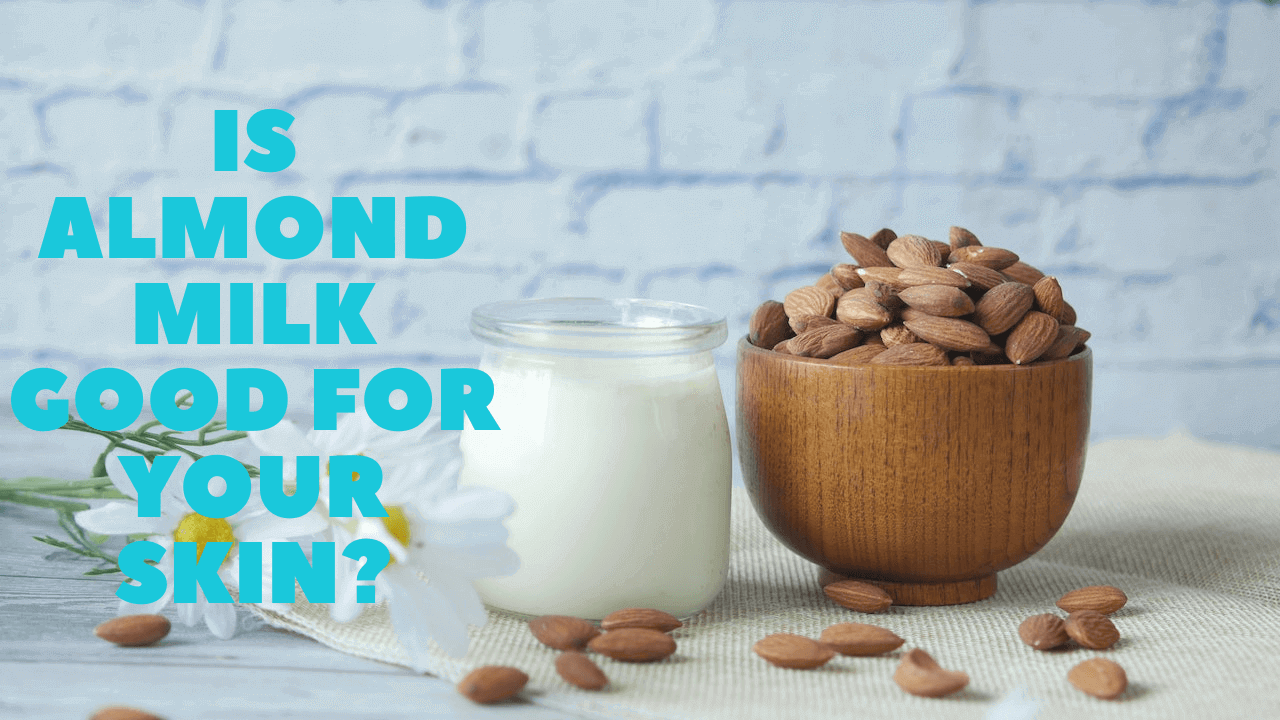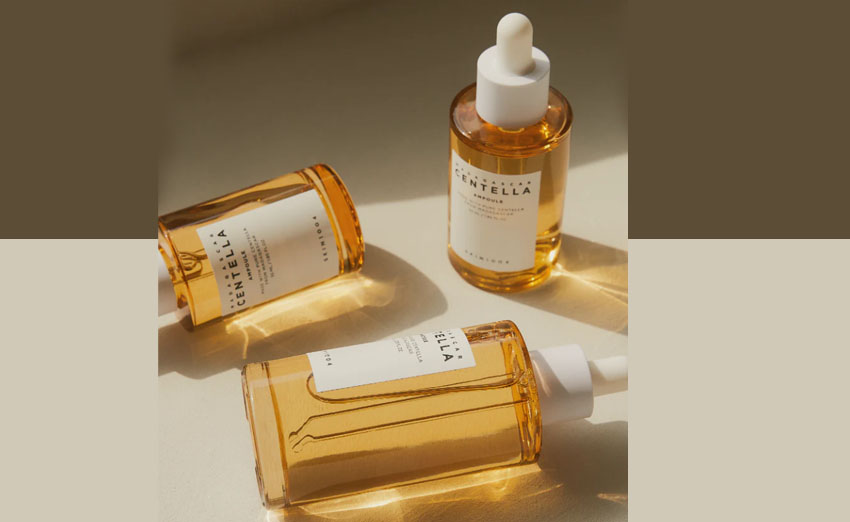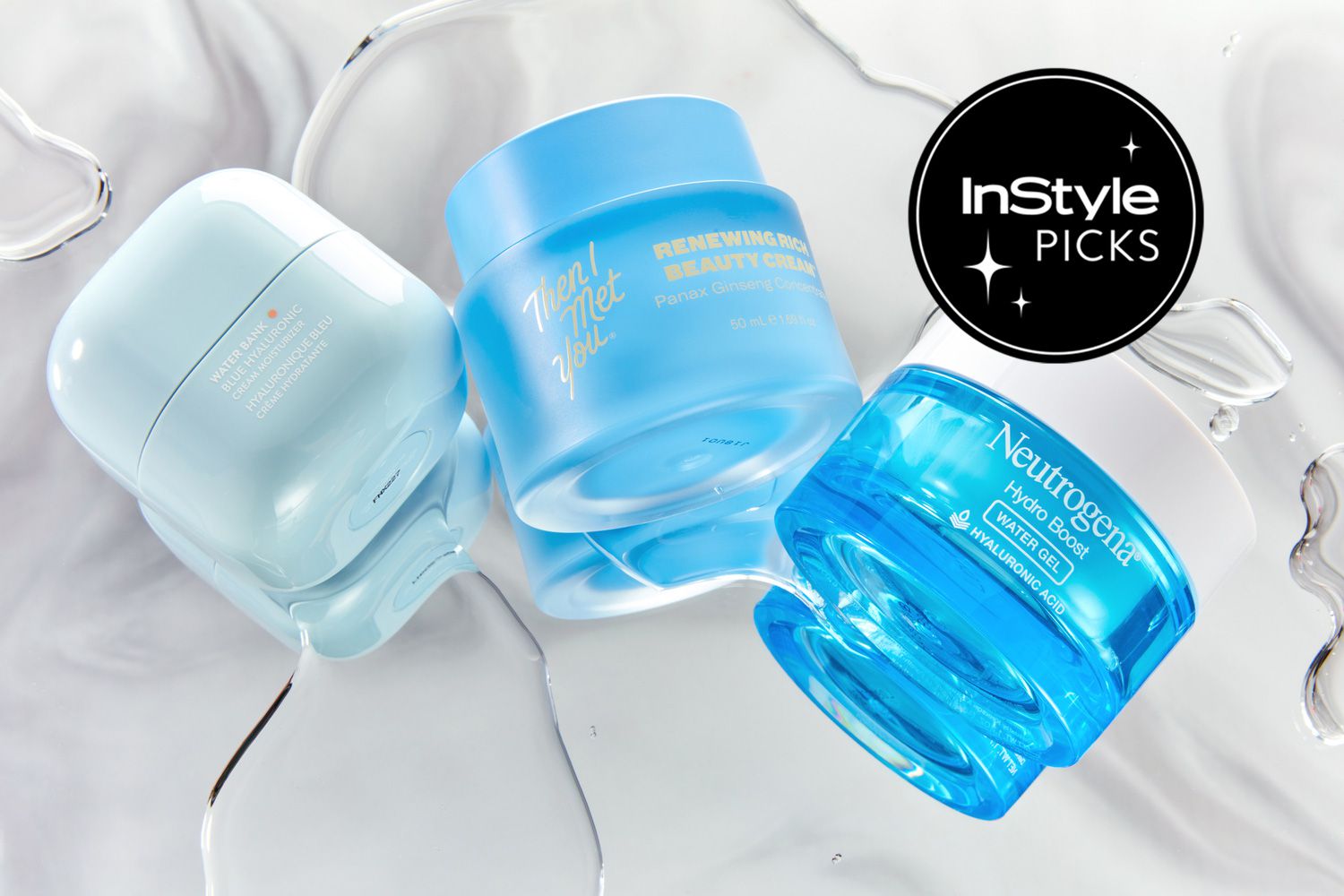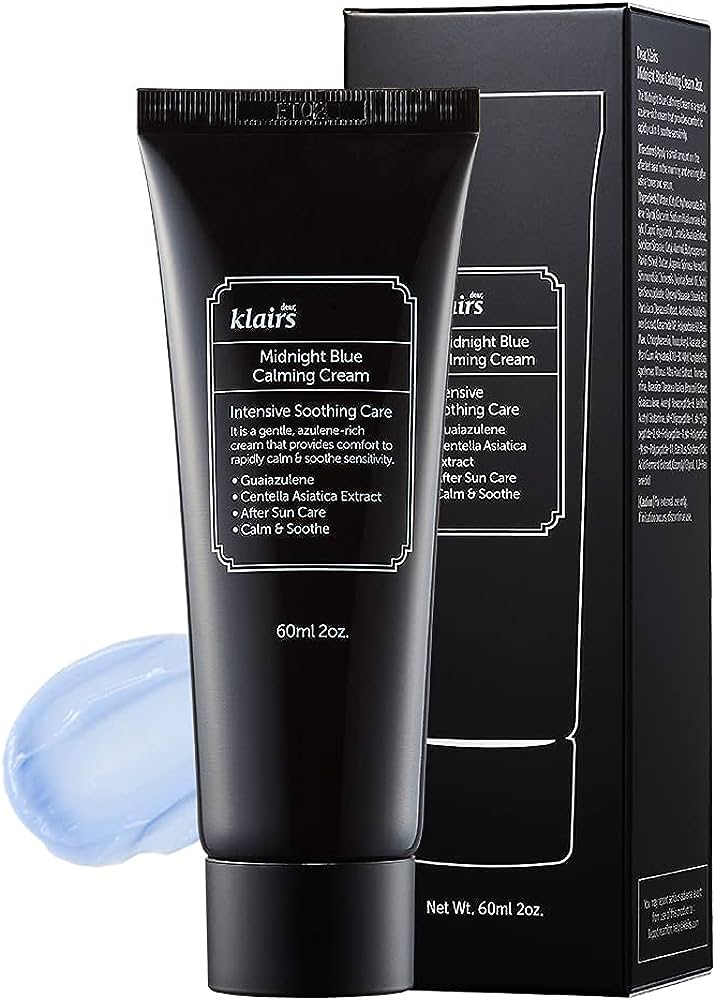Almond milk has become a popular dairy alternative, capturing the taste buds and hearts of health-conscious consumers around the world. This creamy, nutty beverage is not only low in calories but also offers a myriad of nutritional benefits. But could the secret to glowing, healthy skin be sitting in your refrigerator, disguised as a humble carton of almond milk? This article delves into the fascinating correlation between almond milk and skin health, discussing the nutritional aspects, scientific evidence, and how to incorporate it into your skincare routine.
Nutritional Profile of Almond Milk
The health effects of almond milk are attributed to its rich nutritional profile. It’s packed with Vitamin E, a potent antioxidant that helps protect your skin against damage from free radicals. Besides Vitamin E, almond milk also contains proteins and healthy fats, essential for maintaining skin elasticity and hydration. Moreover, it is an excellent source of Vitamin D and calcium, both contributing to overall skin health.
How Almond Milk Nourishes Your Skin
Almond Milk and Skin Hydration
Almond milk is a natural moisturizer due to its high water content and essential fatty acids. The Omega-3 fatty acids help to lock in moisture, leaving your skin feeling soft and hydrated. Furthermore, the Vitamin E content in almond milk aids in skin moisture retention, contributing to a healthy, plump look.
Almond Milk and Skin Elasticity
Proteins and healthy fats in almond milk are key contributors to skin elasticity. These nutrients help in the formation of collagen, a protein responsible for maintaining skin’s structure and preventing sagging. A study published in the Journal of Dermatological Science found that almond milk consumption can significantly improve skin elasticity.
Almond Milk and Skin Clarity
The antimicrobial properties of almond milk can help keep acne at bay. It also contains vitamins and minerals like zinc and magnesium, known to improve skin clarity by reducing inflammation and promoting healing[.
Clinical Studies on Almond Milk and Skin Health
Many clinical studies and anecdotal evidence have confirmed the positive effects of almond milk on skin health. For instance, a 2018 study published in the International Journal of Dermatology revealed that dietary changes, including increased consumption of almond milk, significantly improved skin conditions in adult acne patients.
Almond Milk vs. Other Plant-based Milks: A Skin Health Comparison
While almond milk shines in the spotlight, it’s essential to consider how it compares with other plant-based milk in terms of skin health.
Soy milk, a protein-rich dairy alternative, also contains isoflavones that can reduce the appearance of fine lines and wrinkles. Oat milk, rich in beta-glucans, is known for its hydrating and soothing properties, making it ideal for sensitive skin types. Coconut milk, high in lauric acid, has strong antimicrobial properties, beneficial for acne-prone skin.
However, with its unique combination of nutrients, almond milk seems to have a slight edge when it comes to overall skin health benefits.
How to Incorporate Almond Milk into Your Skin Care Routine
Dietary Intake of Almond Milk for Skin Health
One of the best ways to reap almond milk’s skin benefits is by incorporating it into your daily diet. It can be an excellent addition to your smoothies, cereals, coffee, or consumed as is.
Topical Application of Almond Milk on Skin
Almond milk isn’t just beneficial when consumed; it can also be applied topically. Its soothing properties can help alleviate skin irritations and its hydrating qualities make it an ideal natural moisturizer.
DIY Almond Milk Skin
Care Recipes
Why not try a DIY almond milk face mask? Mix almond milk, honey, and oatmeal for a nourishing, hydrating face mask. The combined antioxidant and moisturizing properties can leave your skin glowing.
Precautions and Potential Allergies with Almond Milk
Although almond milk is generally safe for consumption and topical use, it may cause allergic reactions in some individuals. Common symptoms include hives, swelling, or difficulty breathing. Always perform a patch test when applying almond milk topically, and seek medical advice if you experience any allergic reactions.
Conclusion: The Impact of Almond Milk on Skin Health
In conclusion, almond milk can be a beneficial addition to your skincare routine, both dietary and topical. Its rich nutrient profile can help maintain skin hydration, elasticity, and clarity. While research on the benefits of almond milk for skin health continues to evolve, the existing evidence points towards its positive impact. As always, balance and moderation are key.
Frequently Asked Questions(FAQ) about Almond Milk and Skin Health
1. Can I use almond milk on my face daily?
Yes, you can use almond milk on your face daily, as it has soothing and hydrating properties. However, it’s important to test it on a small patch of skin first to ensure you don’t have an allergic reaction.
2. How long does it take for almond milk to improve my skin?
The duration can vary depending on the individual’s skin type, lifestyle, and overall health. Consistent dietary intake and topical application over several weeks should start showing benefits.
3. Can I use almond milk if I have oily skin?
Yes, almond milk can be beneficial for oily skin too. Its vitamin E content can help regulate sebum production, while its antimicrobial properties may prevent acne breakouts often associated with oily skin.
4. Does almond milk cause acne?
Generally, almond milk does not cause acne. In fact, it can help improve acne symptoms due to its anti-inflammatory properties. However, if you have a sensitivity or allergy to almonds, it might aggravate your skin condition.
5. Is almond milk better than cow’s milk for skin health?
Almond milk is often considered better for skin health due to its plant-based nature, high Vitamin E content, and lower fat content. In contrast, cow’s milk, particularly the hormone-filled variety, has been associated with acne breakouts in some studies.
Remember, everyone’s skin is unique, and what works for one person might not work for another. It’s always advisable to try out different methods and see what works best for your skin.



